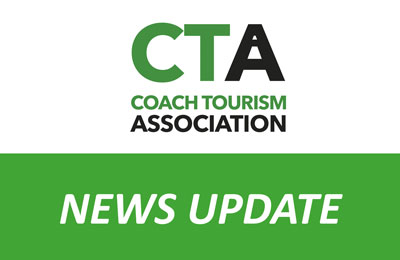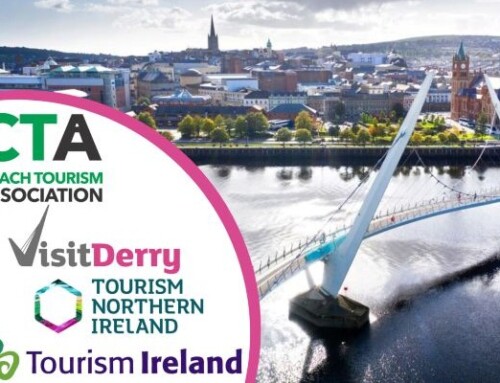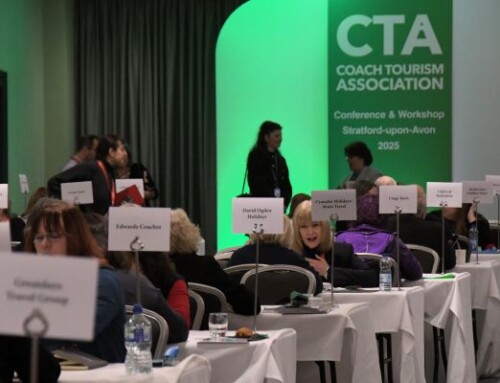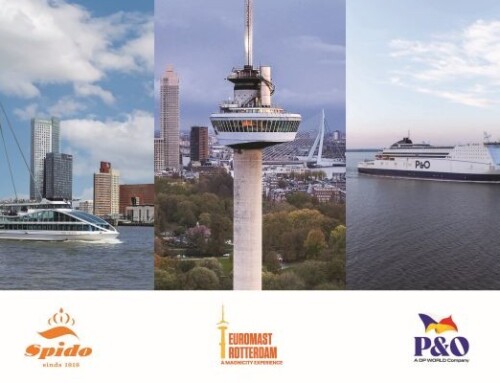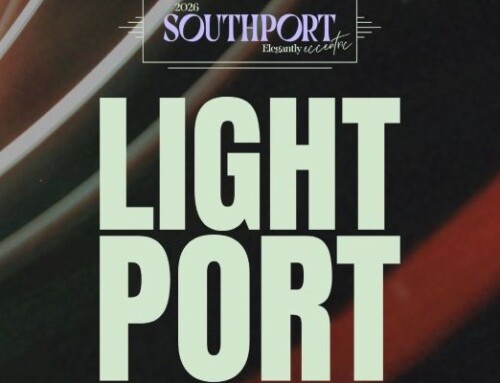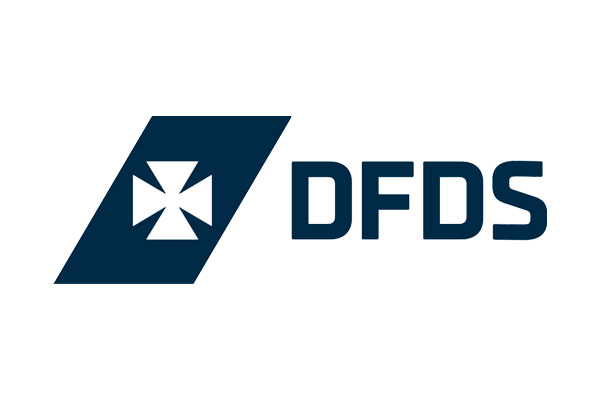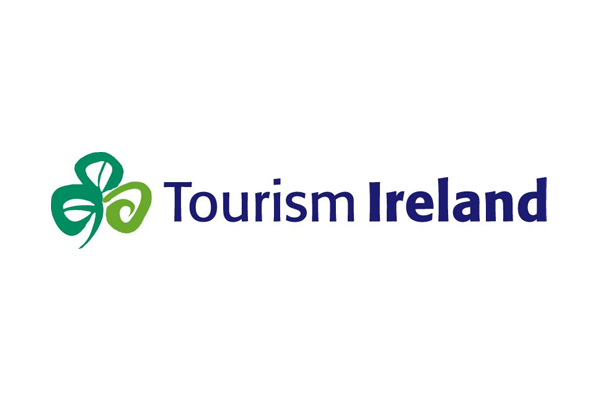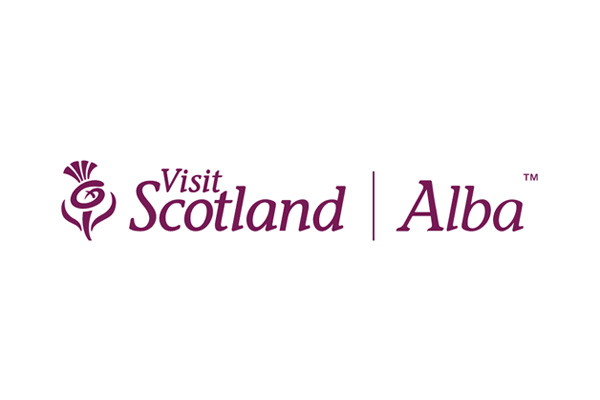COVID-19 Updates – week commencing 19/10/20
More updates of developments from the government and various links to interpretation and guidance.
Go to date:
19 October 2020 …
CPT updates:
LANCASHIRE MOVES TO TIER VERY HIGH ALERT STATUS
Lancashire moved to Very High Alert Status from 00.01 on Saturday 17 October. The restrictions will apply in Burnley, Blackburn with Darwen, Blackpool, Chorley, Fylde, Hyndburn, Lancaster, Pendle, Preston, Ribble Valley, Rossendale, South Ribble, West Lancashire and Wyre.
This means that the base restrictions for the tier 3 status will come into play in these areas, these are:
• People must not socialise with anybody they do not live with, or have formed a support bubble with, in any indoor setting or in any private garden or at most outdoor hospitality venues and ticketed events
• People must not socialise in a group of more than six in an outdoor public space such as a park or beach, the countryside, a public garden or a sports venue
• All pubs and bars must close, unless they are serving substantial meals
• People should try to avoid travelling outside the very-high alert level or entering a very-high alert level area, other than for work, education or for caring responsibilities or to travel through as part of a longer journey – this allows journeys on principle routes such as the M6 to continue through the county
• Residents should avoid staying overnight in another part of the UK, and others should avoid staying overnight in the very high alert area
The last two points allow, in principle, travel within the affected area but members would be advised to re-visit their risk assessments in the light of these changes.
In addition to these base-level restrictions, there are also the following locally agreed restrictions that will come into force on Monday 19 October at 00.01:
• The adult gaming industry, casinos, bingo halls, bookmakers, betting shops, and soft play areas must close
• Car boot sales would not be permitted
(of note, the restrictions do not include the closure of gyms – which is different to Liverpool)
These restrictions will be reviewed after 14 days.
The Government has allocated £42m package to support businesses and services across the 15 councils in the region and hopefully the details of this should be available in the coming days..
LEARN MORE OF VERY HIGH COVID ALERT LEVELS
CIRCUIT BREAKER RESTRICTIONS – CYMRU (WALES)
First Minister Mark Drakeford this morning confirmed that his Government will put in place a short lockdown (Circuit Breaker) to slow the spread of Coronavirus
The lockdown will begin at 18:00 on Friday 23 October, and last until Monday 9 November
Travel will be limited to essential travel only (caring responsibilities or for work purposes where people cannot work from home)
Non-essential cross border travel in and out of Wales will be banned under the measures, and all Tourism accomodation must be closed
The main measures are that:
- People will be required to stay at home except for very limited reasons
- People must work from home where they can
- People must not visit other households or meet other people they do not live with either indoors and outdoors
- All non-food retail must close
- Cafes, restaurants and pubs must close unless they provide delivery or takeaways
- Hotels must close
Existing rules on face masks that require them to be worn in public places indoors remain in place
The Government has announced support for certain businesses due to the lockdown
- a new £300m fund for firms affected will open next week
- every firm covered by small business rates relief would receive a £1,000 payment
- small and medium-sized retail, leisure and hospitality firms that have to close will get a one-off payment of up to £5,000
- there will be additional discretionary grants and support for smaller firms that are struggling
The funds will become available during week 1 of the lockdown
The Government has made available some FAQs about the new restrictions which are available from the link below
Tourism Alliance update:
The First Minister for Wales has announced that Wales will implement a short “fire break” Lockdown for two weeks starting this Friday. Here are some details:
- From 23 October to 9 November:
- Everyone in Wales will be required to stay at home. This means working from home wherever that is possible
- People must stay at home but exercise will be permitted
- All non-essential retail, leisure and tourism businesses will close, as well as community centres, libraries and places of worship (except for funerals and wedding ceremonies)
- Hospitality outlets such as bars and restaurants will also close, apart from for takeaways
- Close-contact services like hairdressers and beauticians will close.
- There will be no gatherings with people from other households outside or inside which means that all Bonfire Night fireworks parties and Halloween gatherings will be banned
- In Terms of Support:
- There will be an economic resilience fund worth almost £300m.
- Retail, leisure and hospitality places that have to close will get a one-off payment of up to £5,000
- Every business covered by small business rate relief will get £1,000
- The £80m Business Development fund that was announced last week to help businesses will be increased to £100m – and of that, £20m will be ring-fenced for tourism and hospitality businesses.
- The funds will open in the first week of the firebreak
19 October 2020 …
CPT updates:
SOUTH YORKSHIRE MOVES TO TIER VERY HIGH ALERT STATUS – HIGH TIER 3 RESTRICTIONS APPLY FROM SATURDAY
South Yorkshire will move to Very High Alert Status from 00.01 on Saturday 24 October
The restrictions will apply in Sheffield, Rotherham, Doncaster and Barnsley
This means that the base restrictions for the tier 3 status will come into play in these areas, these are:
- People must not socialise with anybody they do not live with, or have formed a support bubble with, in any indoor setting or in any private garden or at most outdoor hospitality venues and ticketed events
- People must not socialise in a group of more than six in an outdoor public space such as a park or beach, the countryside, a public garden or a sports venue
- All pubs and bars must close, unless they are serving substantial meals
- People should try to avoid travelling outside the very-high alert level or entering a very-high alert level area, other than for work, education or for caring responsibilities or to travel through as part of a longer journey
- Residents should avoid staying overnight in another part of the UK, and others should avoid staying overnight in the very high alert area
The last two points allow, in principle, travel within the affected area but members would be advised to re-visit their risk assessments in the light of these changes.
In addition to these base-level restrictions, there are also the following locally agreed restrictions which will mean the closure of:
- betting shops
- adult gaming centres
- casinos
- soft play centres
Gyms will be allowed to stay open but only for person use – ie., not they are not allowed to run gym classes
These restrictions will be reviewed after 14 days.
The Government has allocated £30m package to support businesses and services across the region and the details of this should be available in the coming days
LEARN MORE OF VERY HIGH COVID ALERT LEVELS
22 October 2020 …
CPT update:
HEALTH & SAFETY EXECUTIVE – SPOT CHECKS & INSPECTIONS
HSE inspectors make thousands of visits to businesses every year, and in addition to their normal enforcement activities inspectors also give expert advice on how to manage risks and protect workers, customers and visitors
During the Coronavirus pandemic in order to minimise the risk of infection in the workplace, HSE is carrying out spot checks and inspections on businesses to ensure they are COVID secure
This will be done by visiting premises to speak to duty-holders to check the measures they’ve put in place are in line with the current guidance
During the pandemic these on site inspections are being augmented by telephone COVID19 secure workplace checks
HSE are doing spot checks and inspections on all types of businesses, in all areas of the country
Where businesses are not managing the risks properly, HSE will take immediate action by:
- providing specific advice
- issuing enforcement notices
- stopping certain work practices until they are made safe
- prosecution where a business fails to comply
If a business receives a visit from an inspector, or a telephone call they must fully participate in the spot check and engage with HSE as businesses have a duty under health and safety law to do so
HSE has produced a short video to explain to businesses how a spot check will work in practice
WHAT TO EXPECT FROM A HSE SPOT CHECK
Tourism Alliance update:
Global Travel Taskforce
A letter from Robert Courts MP – Minister for Aviation, Maritime and Security outlines the work being undertaken by the Global Travel Taskforce and a series of workshops that are being help to feed into this work including a DCMS organised workshop tomorrow on Restarting international travel, engagement and communications.
Covid Alert Areas in England
The guidance for South Yorkshire moving to Very High Alert status has been published
https://www.gov.uk/guidance/local-covid-alert-level-very-high-south-yorkshire
And the list of Covid Alert areas in England has been updated to take into account Greater Manchester and South Yorkshire
https://www.gov.uk/guidance/full-list-of-local-covid-alert-levels-by-area
Performing Arts Guidance Updated
The Primary Guidance on how businesses should put on shows and performance in a Covid secure manner has been undated with new guidance on Staging and capacity highlighting that In Medium Local Covid Alert Level areas it is against the law to gather in groups of more than 6, unless everyone is from the same households or support bubble and, in High and Very High areas, it is against the law to gather indoors in groups which do not consist only of the same household and support bubble.
https://www.gov.uk/guidance/working-safely-during-coronavirus-covid-19/performing-arts#arts-3-2
Questions in Parliament
Here’s the answers to further questions that Baroness Doocey has asked regarding support for tourism businesses in Very High Alert areas and guidance on how businesses should treat bookings from customers who are travelling from Very High Alert areas.
Q1. Many accommodation businesses in Very High Alert areas will effectively be closed as a result of the Guidance that people do not make unnecessary journeys into the area or stay overnight. Please can you clarify if their staff are eligible for the Extended Job Support Scheme.
Q2. In addition, many travel-related businesses will also be effectively closed – local travel agents, tour operators and coach operators who will be unable to take people anywhere – please can you clarify whether or not they are eligible?
This Extended Job Support Scheme is only eligible to cover businesses that, as a result of restrictions set by one or more of the four governments in the UK, are legally required to close their premises. This includes premises restricted to delivery or collection only services from their premises.
We are acutely aware that businesses may suffer over the winter. We want to support those that need it the most: those that are impacted by Covid and who can support their employees doing some work, but that need more time for demand to cover. Businesses that have not been legally required to close can claim support from the Job Support Scheme – designed to protect viable jobs in businesses who are facing lower demand due to Covid. The Government will pay a third of hours not worked, with the employer also contributing a third. The scheme will open on 1 November.
Q3. Please can you clarify the legal situation for accommodation businesses outside Very High Alert areas – are they required to refuse bookings from people coming from inside these areas or, because limiting unnecessary travel outside the area is just guidance, do they have to accept the booking because it is a legal contract?
Accommodation providers may continue to take bookings, and we recognise there are a number of reasons people may need to stay overnight (e.g. for work or for school). However, we are asking all individuals to avoid overnight stays within an Alert Level: Very High area other than for those types of visit.
We encourage all accommodation providers to consider their approach towards guests from inside areas designated Local COVID Alert Level: Very High.
Accommodation providers should communicate to all customers, including those with existing bookings, reminding them not to travel outside the area unless it is essential (such as for essential work purposes or attending a funeral). For existing bookings, accommodation providers should give guests a chance to cancel their bookings if they intend on no longer travelling and staying at the accommodation.
Accommodation providers outside of an area with restrictions may refuse a booking or cancel a booking from guests from inside a ‘Local COVID Alert Level: Very High’ area. The decision to refuse service is at the discretion of the business owner, and the terms of the booking contract may allow for discretionary cancellations. Any decision to refuse service should be done with sufficient notice to the guest, and we would expect any funds already paid by the consumer to be repaid.
JOB SUPPORT SCHEME – CHANGES ANNOUNCED TODAY
The Chancellor of the Exchequer has today announced increased support for workers due to the increased COVID restrictions
Rishi Sunak announced changes to the Job Support Scheme (JSS) the replacement for the Coronavirus Job Support Scheme which is due to start operating on 1 November
When originally announced, the JSS required employees to be working 33% of their normal hours and also that employers were required to pay a third of their employees’ wages for the hours not worked
This 33% was topped up by a similar contribution from Government
The changes announced today reduce the number of hours the employee is required to work to 20% of their normal hours, and also reduces the employers contribution to 5% for the hours not worked
This will mean that the Government will contribute up to a maximum of 61.67% for the hours not worked
These changes will cover employers based in every part of the UK, irrespective of the current COVID Alert Level in place
Further details are available from the link below
23 October 2020 …
CPT updates:
JOB SUPPORT SCHEME – HMRC POLICY PAPER
HMRC has this afternoon released their initial Policy Paper covering the Job Support Scheme, including the changes announced earlier today by the Chancellor
The Job Support Scheme will be open from 1 November 2020 and run for 6 months, until 30 April 2021
The government will review the terms of the scheme in January
Employers will be able to claim in arrears from 8 December 2020, with payments made after the claim has been approved
Neither the employer nor the employee needs to have claimed through the Coronavirus Job Retention Scheme to be eligible for the Job Support Scheme
The policy paper sets out details on eligibility criteria, conditions and timescales for making claims under the Job Support Scheme.
It also details specific eligibility criteria for JSS Open and primary criteria for JSS Closed, followed by eligibility criteria and conditions for the whole scheme
Further more detailed guidance will be available at the end of October 2020
JOB SUPPORT SCHEME FOR BUSINESSES THAT ARE TRADING
JSS OPEN
Where a business is able to trade, but at a reduced level to normal, the Job Support Scheme, through JSS Open, will give employers the option of offering their employees shorter hours, while also paying some of the hours not worked
To be eligible for JSS Open the employee is required to work a minimum of 20% of their usual hours and the employer will continue to pay them as normal for those hours worked.
In addition to the hours worked, the employee will receive 66.67% of their normal pay for the hours not worked. This will be paid jointly by the employer and the government
The employer will pay 5% of reference salary for the hours not worked, up to a maximum of £125 per month, with the discretion to pay more than this if they wish.
The government will pay the remainder of 61.67%, of reference salary for the hours not worked, up to a maximum of £1,541.75 per month.
Overall this will mean that employees will receive at least 73% of their normal wages, up to a maximum reference salary of £3,125 a month
JSS Open applies throughout the UK irrespective of the level of local restrictions or alert level
JOB SUPPORT SCHEME FOR BUSINESSES THAT ARE CLOSED
JSS CLOSED
The JSS Closed is for businesses that have been legally required to close due to Coronavirus restrictions
Employees who cannot work due to these restrictions will receive two thirds of their normal pay, paid by their employer and fully funded by the government, to a maximum of £2,083.33 per month
The employer has discretion to pay more than this if they wish
JSS Support applies throughout the UK wherever a business has been legally required to close
ELIGIBILITY FOR THE JOB SUPPORT SCHEME
CRITERIA
Employers will be able to claim the Job Support Scheme grant for employees who were on their PAYE payroll between 6 April 2019 and 23 September 2020
Employers cannot claim for an employee who has been made redundant or is serving a contractual or statutory notice period during the claim period
Employees can be on any type of contract, including zero hours or temporary contracts
Employers can choose to top up employee wages above the level of minimum contributions at their own expense
All SME businesses are eligible to claim JSS, as are large businesses (with more than 250 employees) that have undertaken a Financial Impact Test ( demonstrating their turnover has remained equal or fallen to show they have been adversely affected due to coronavirus
